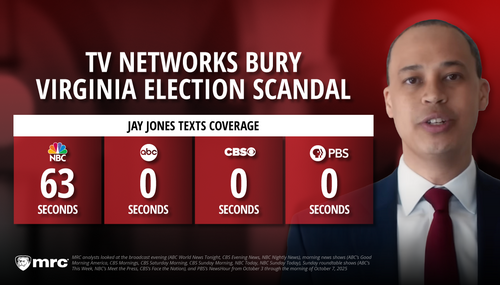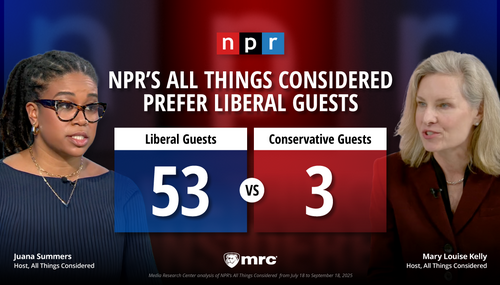James Poniewozik, television critic for the New York Times, reviewed Season 2 of the Amazon Prime show Man in the High Castle, an adaptation of the alternative-history novel by speculative fiction author Philip K. Dick, in which Hitler dropped an A-bomb on Washington, won the war, and North America was split up between Germany and Japan.
When you see a Hitler reference in the liberal press, it’s safe to say that a Donald Trump reference is looming, and Poniewozik doesn’t wait long in his Friday review, “TV’s United States of ‘Sieg Heil – A second season of a drama about resisting darkness finds new relevance in a postelection nation.” The jump-page headline underlines the unsubtle linkage: “TV’s United States of ‘Sieg Heil’ Finds an Eerie Relevance.”
Before the premiere of “The Man in the High Castle” last fall, Amazon upset New York City subway riders with an advertising campaign that plastered train cars with Nazi imagery. This year, Amazon promoted the series, set in an America under fascist rule, with billboards depicting the Statue of Liberty, her arm thrust out “Sieg Heil” fashion.
But today it seems quaint to imagine that an ad could be the most disturbing reminder of hate a commuter might encounter.
In New York City alone in the weeks since the election of Donald J. Trump, the police reported more than double the number of hate crimes over the same period the year before, particularly against Jews and Muslims. Swastikas with the message “Go Trump” defaced a Brooklyn Heights playground. In Washington, white supremacists called out “Hail Trump!” and hoisted Nazi salutes.
“The Man in the High Castle,” which returns with its second season on Friday, depicts an America changed by conquest, not an election, and changed far more starkly. (In its back story, Franklin D. Roosevelt was assassinated, and the United States did not enter the war until too late.) As the internet has taught us, Nazi analogies tend to crush nuance into fine powder.
But if it would be hyperbole to treat the series like a documentary, it would be denial to say it plays no differently now than it did before. However hopeful some people may find the election results, there are also bigots who feel validated, for whom the permission to bully and strong-arm was not a sad side effect of the campaign but the whole point.
And “The Man in the High Castle,” a drama about finding the imagination to resist darkness, has a new relevance, asked for or not.
Yes, sounds precisely like America after November 9!
It arrives the same weekend as “Rogue One,” the latest “Star Wars” movie. That franchise’s anti-fascist themes were never subtle. (Hint: Its storm troopers are called “storm troopers.”) Still, Disney’s chief executive, Robert A. Iger, felt compelled, in the current climate, to assure fans that the movie contains “no political statements.”
But you can’t wish the reminders away. A new “High Castle” story line involves a Japanese-American woman who survived the wartime internment camp at Manzanar, in California -- one constant, it turns out, between its fictional timeline and ours. On Fox News shortly after the election, a supporter of Mr. Trump defended a proposal to register immigrants from Muslim countries by citing the actual camps as precedent.
Against news like that, “The Man in the High Castle” seems both a timely provocation and a holdover from another era -- an artifact from an alternative timeline in which, if you wanted to ask, “What would I do if it happened here?” you had to watch a TV show.




